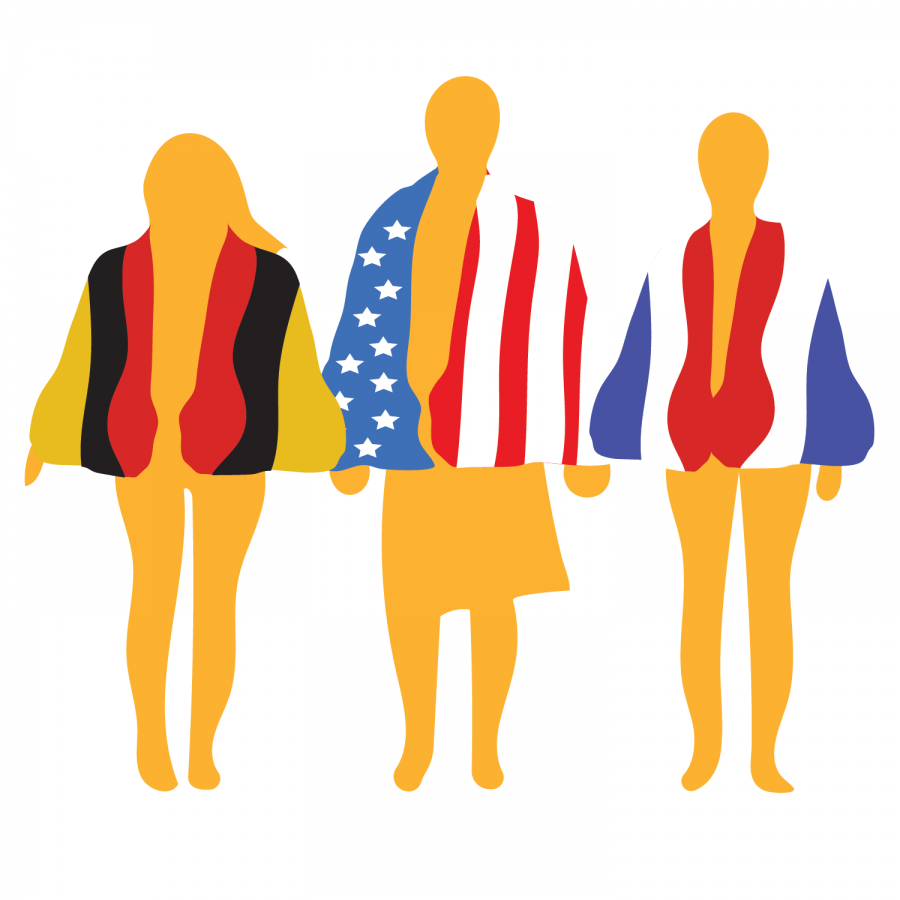Olympics have potential for international unity
Feb 15, 2018
If you asked anyone a month ago if they thought they could see unity throughout the international community, the answer would likely have been a resounding “no.”
A headline story for the last number of months has been about North Korea testing ballistic missiles. In the midst of 2018 Winter Olympic preparations in South Korea, there was a lot of discussion whether the location would even be a safe place to host the games.
North Korea and South Korea have not marched into the Olympic Games together since 2007, but that changed last week during the Olympic opening ceremony.
The unified Korean Olympic team took a selfie together at the opening ceremony. And later, during track competitions, North Koreans in the stands waved the Korean unification flag.
A message was left on a wall in the South Korean Blue House from the sister of North Korea’s leader. The message said, “I hope Pyongyang and Seoul get closer in our people’s hearts and move forward the future of prosperous unification.”
Get The Daily Illini in your inbox!
This year is not the first year the Olympic Games have held displays of international unity.
At the Olympic Games in Barcelona in 1992, there was a major sign of unity. South Africa’s Elana Meyer won her country’s first individual medal and Ethiopia’s Derartu Tulu won her country’s first gold medal. The two women took a victory lap together. It was the first Games welcoming South Africa back into the Olympic community since 1960, and these two women’s display was seen as a symbol for the entire continent of Africa.
Sports have a way of bringing people together. Sports are used to teach children how to be part of a team, neighbors from feuding nations to respect each other and to teach goal setting and perseverance in general.
With the spread of discussions surrounding the Suburban Express email, as students on this campus, we have seen how isolating each other by nationalist identities hurts our entire community.
Through discourse surrounding immigration and Deferred Action for Childhood Arrivals status, we have seen the repercussions on a national scale of these same nationalist and ethnically based prejudices affecting how we choose to stand and act as a University.
Last spring, Chancellor Robert Jones released the External Review Report and Recommendations on Diversity and Inclusion. He thanked the team that worked on the report for producing “a set of concrete recommendations that will guide us to a sustainable, ingrained and organized approach to building a diverse, inclusive (University) community.”
The diversity in our campus community should never lead to a point of divisiveness. As members of this campus community, it is crucial that each and every one of us takes a critical look at the University we are creating and shaping — through our actions in the classroom and on the Quad, through our words on social media and in person and through our votes on local elections or campus ballots — and ensure it lives up to the ideals we seek to share with the world.
Hayley is a junior in ACES.






